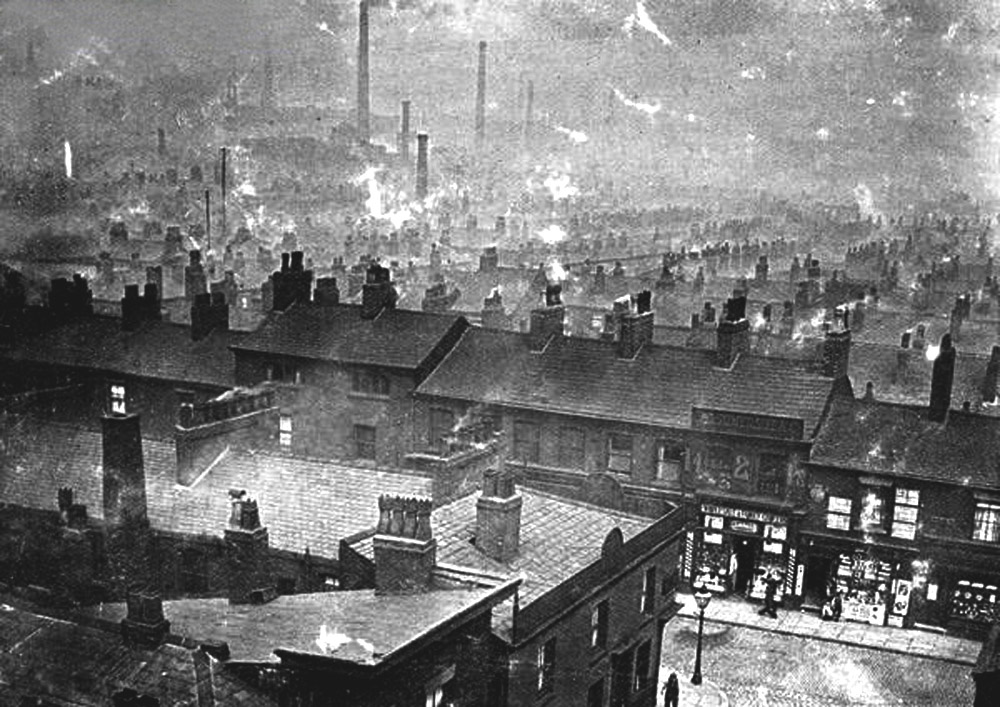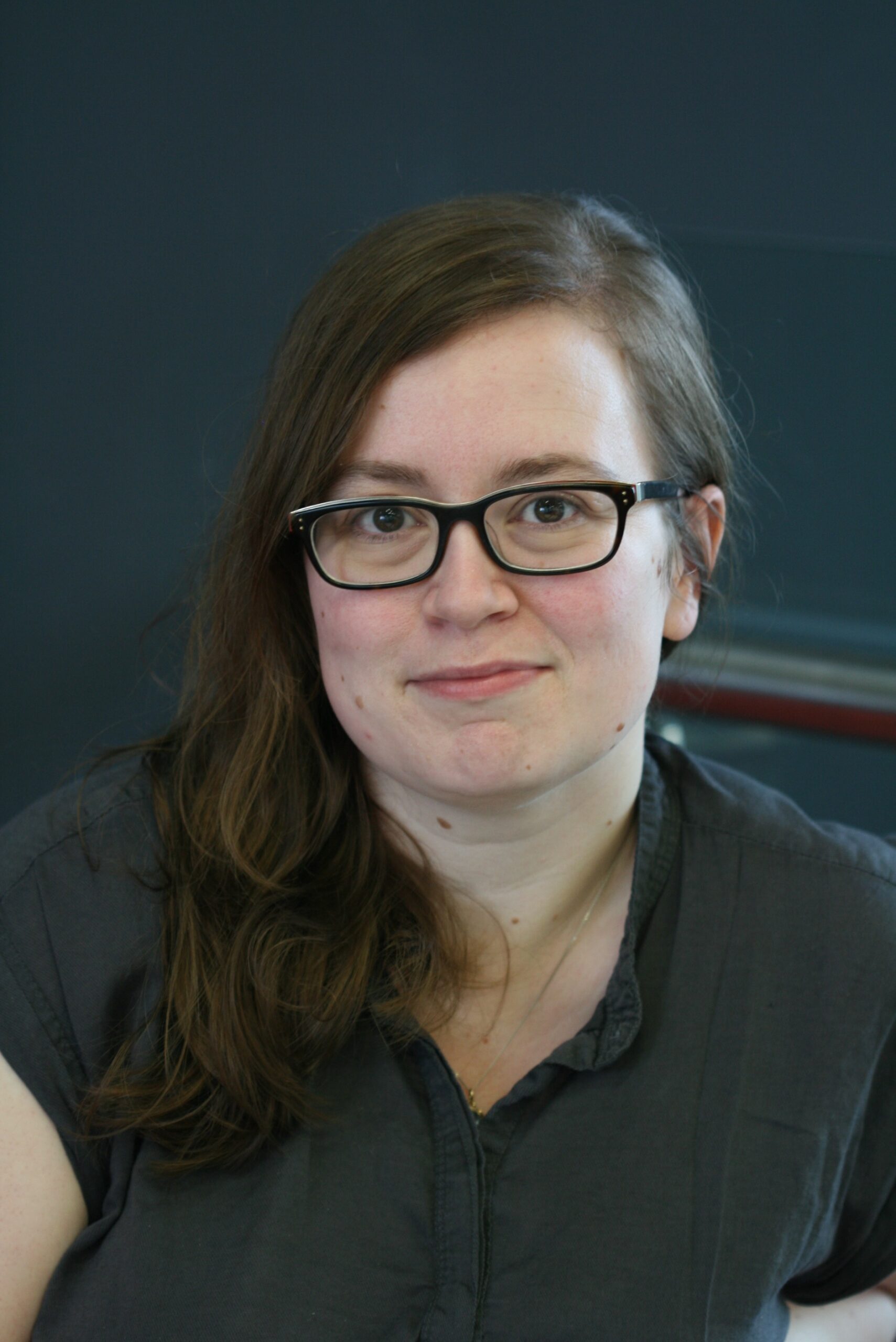Elsie April (1884-1950)
Musical theatre historian Sarah Whitfield investigates the life of Elsie April, a Royal Manchester College of Music pianist and long-time collaborator with Noël Coward.
Women’s roles in professional music making have all too frequently been seen as the exception rather than the rule: particularly in the early twentieth century. Elsie April was known professionally for being Noël Coward’s musical assistant – a slightly mysterious figure who never composed her own music, and could be found around rehearsals for Coward’s latest revue or musical in the 1930s. Yet her background reveals the importance of the Royal Manchester College of Music in changing the direction of women at the fringes of society.
April was born Sarah Doyle, to Irish parents trying to survive in the slums of Ancoats – described as ‘That teeming, squalid quarter […] more squalid, more haphazard, more nakedly poor even than London.’ Somehow in the middle of this environment, perhaps at church, Sarah/Elsie managed to learn the piano.

Ancoats c. 1870. Image via Manchester Libraries.
She next appears in July 1893 aged as being among those children who have successfully taken their Elementary Honours Pianoforte exam, under the instruction of one ‘Mr Norton’. If this is the same Sarah, she would have been 7 years old. Somehow – she found a sponsor to help continue her musical education, and she ended up at the Royal Manchester College of Music (predecessor to the RNCM). Her records suggest that she was 12 when she arrived – she was actually 15 – and notes her wealthy sponsor, Mr Hoffman, in the West Didsbury region of Manchester.
Though April only stayed at the school for two years: it clearly equipped her for a long career at the forefront of professional music making in the UK. During the 1910s she played in numerous concert parties as a pianist and accompanist (changing her name to Elsie April); before working for a major London publisher. She published numerous songs, performed in variety theatre, before being snapped up by London producer Charles B. Cochran. She remained with Cochran for much of her professional life, where she worked for Coward. She managed orchestras (Black trombonist Leslie Thompson recalls her sharp ears – when he covered for a clarinetists mistake, the part had been written into his sheet music the next day); played for rehearsals, supported and arranged for not only Coward but also Cole Porter.
Uncovering Elsie’s life and her connection to Manchester, raises the questions of how the music training that women students at the Royal Manchester College of Music received enabled some of them to work in different professional realms beyond the domestic setting that they were expected to inhabit. It suggests – and the exciting possibility that there are many more stories to be told.
10 September 2020


